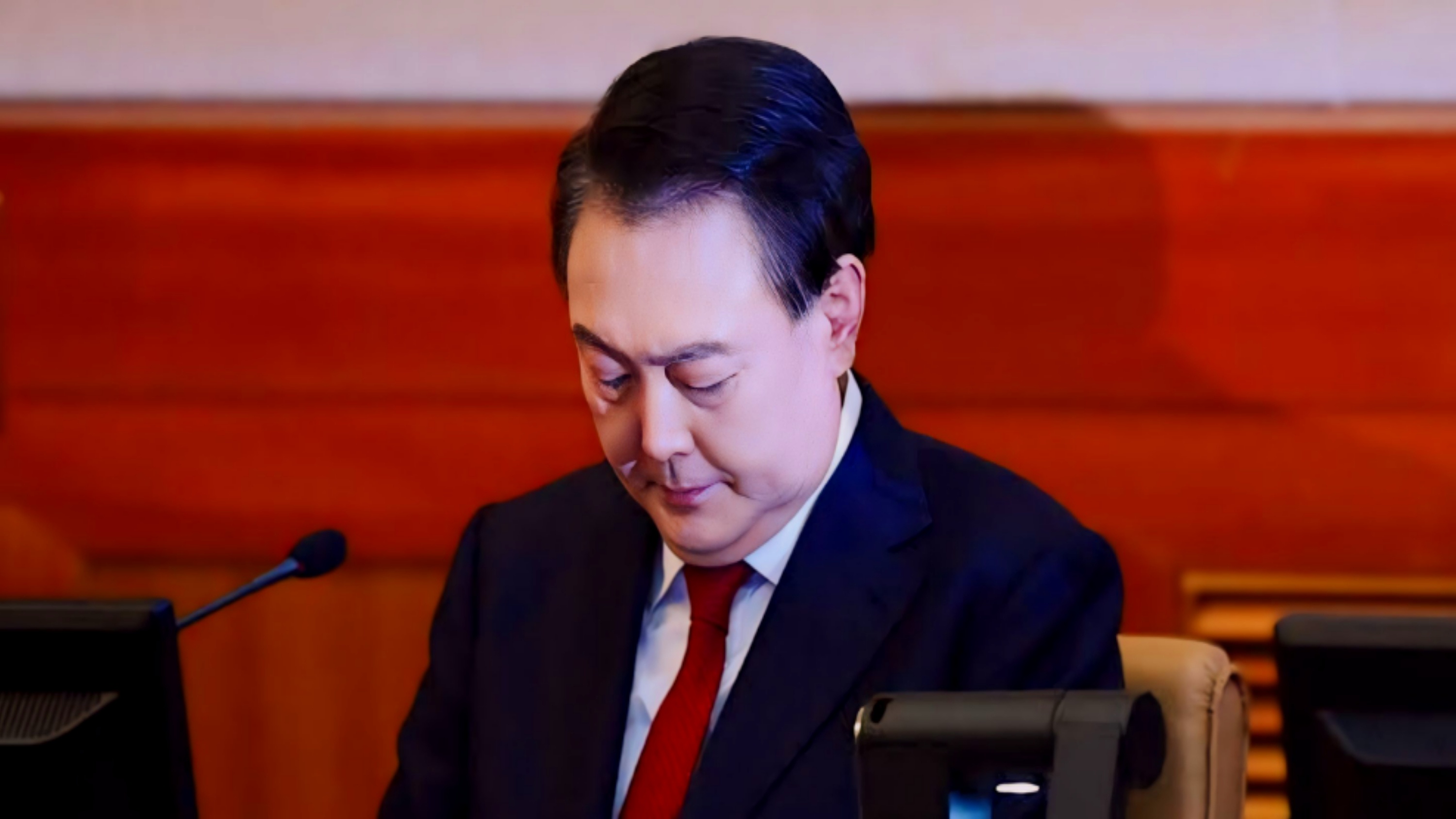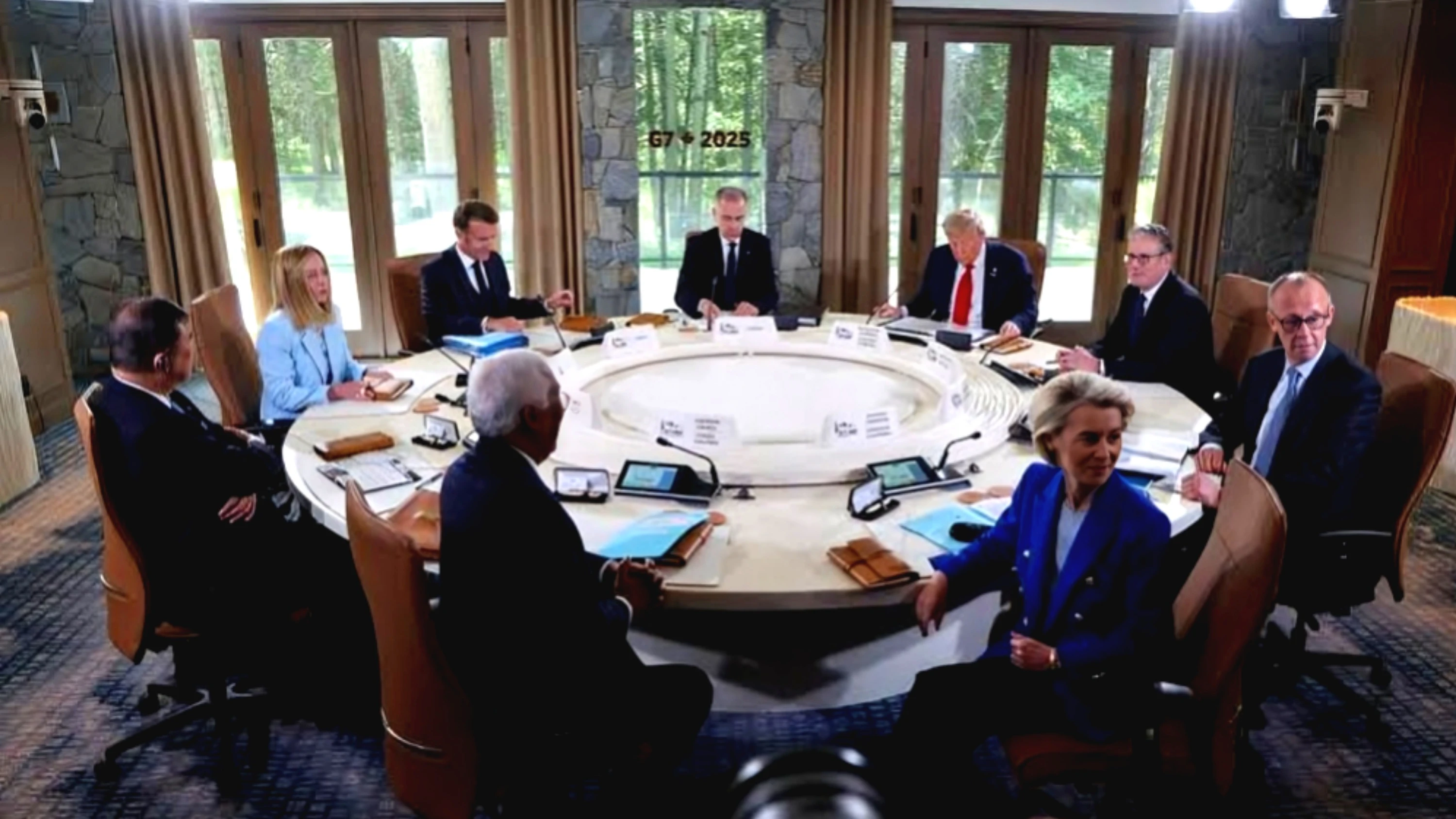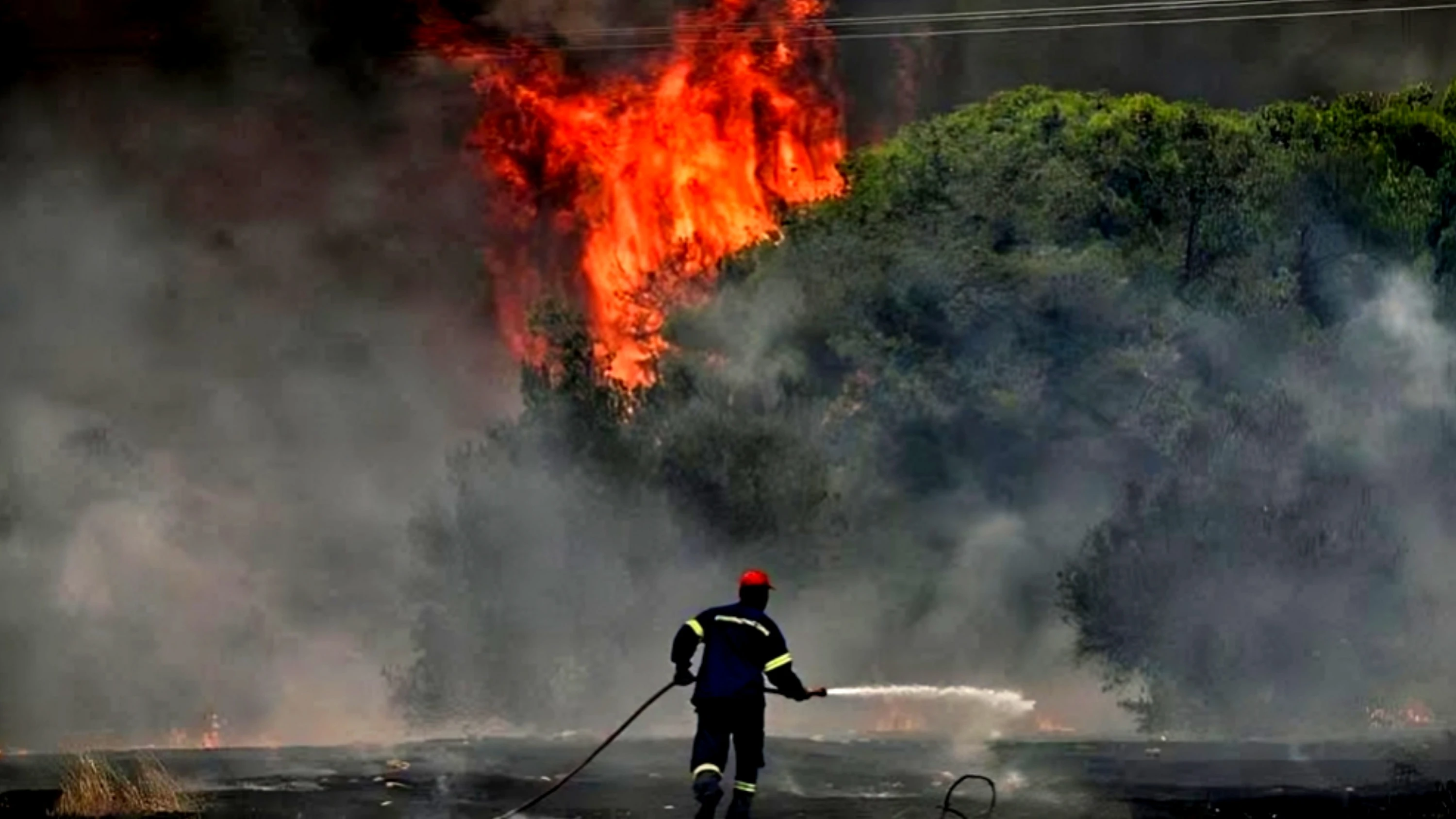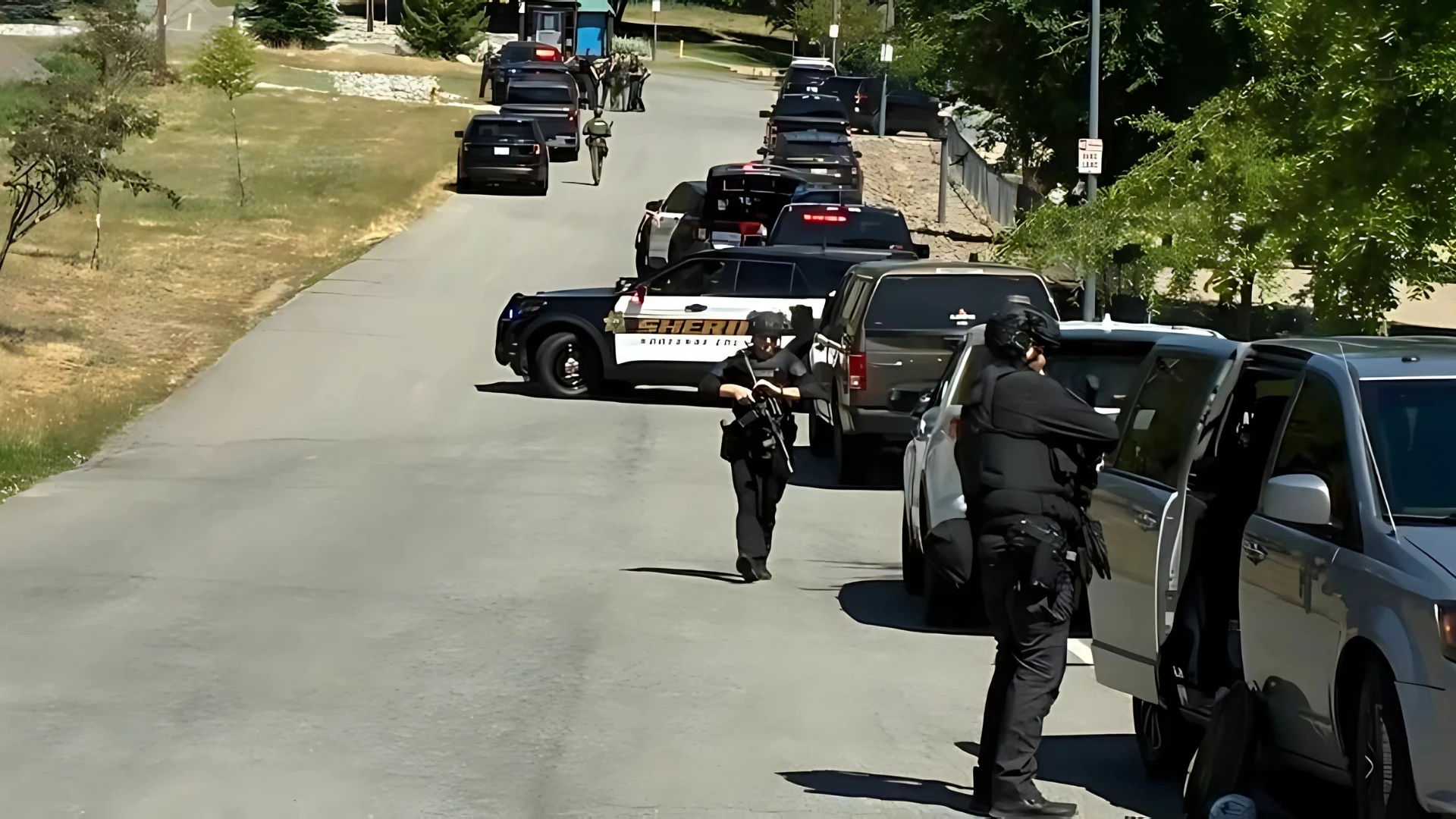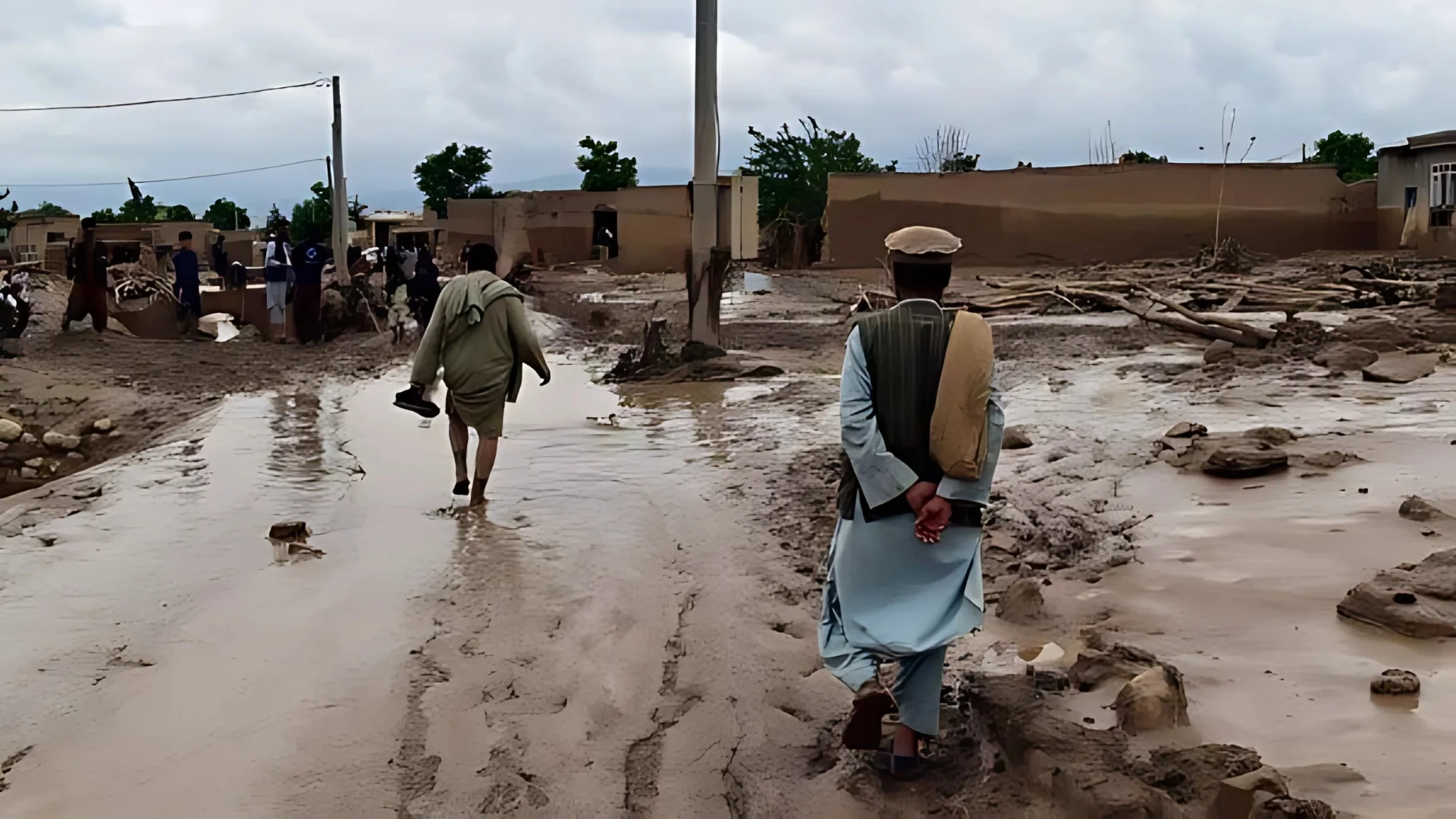Seoul: South Korean prosecutors have formally indicted impeached President Yoon Suk Yeol on charges of leading an insurrection, stemming from his brief declaration of martial law on December 3. The indictment, announced on Sunday, marks an unprecedented move against a sitting president in South Korea and could result in severe penalties, including life imprisonment, if Yoon is convicted.
Yoon’s legal team condemned the prosecution's decision, calling it “the worst choice,” while the opposition Democratic Party welcomed the development, labeling it a step toward accountability. The martial law decree, which aimed to restrict political activity, dissolve parliament, and control media, triggered a major political crisis in the country.
The fallout from the declaration saw not only Yoon impeached but also the prime minister suspended and several top military officials charged for their involvement.
Yoon, who has been in solitary confinement since his dramatic arrest on January 15, maintains that the martial law was intended only as a warning amid a political crisis. His lawyers argued at a Constitutional Court hearing last week that there was no intent to fully enforce the measures.
The Democratic Party's spokesperson, Han Min-soo, said the indictment signified that justice was finally catching up with Yoon, accusing him of being the leader of an attempted insurrection.
The impeachment process is running parallel to the criminal investigation. While prosecutors push for Yoon’s continued detention, the Constitutional Court has up to 180 days to determine whether to permanently remove him from office or reinstate his presidential powers.
Yoon was impeached on December 14 after South Korea’s opposition-led parliament voted to reject his martial law declaration. Soldiers were reportedly seen entering the parliament building through shattered windows during the tense confrontation.
Yoon rescinded the martial law order six hours after lawmakers opposed the decree. If the court rules to remove Yoon from office, a presidential election will be scheduled within 60 days, potentially reshaping the political landscape of Asia’s fourth-largest economy.


